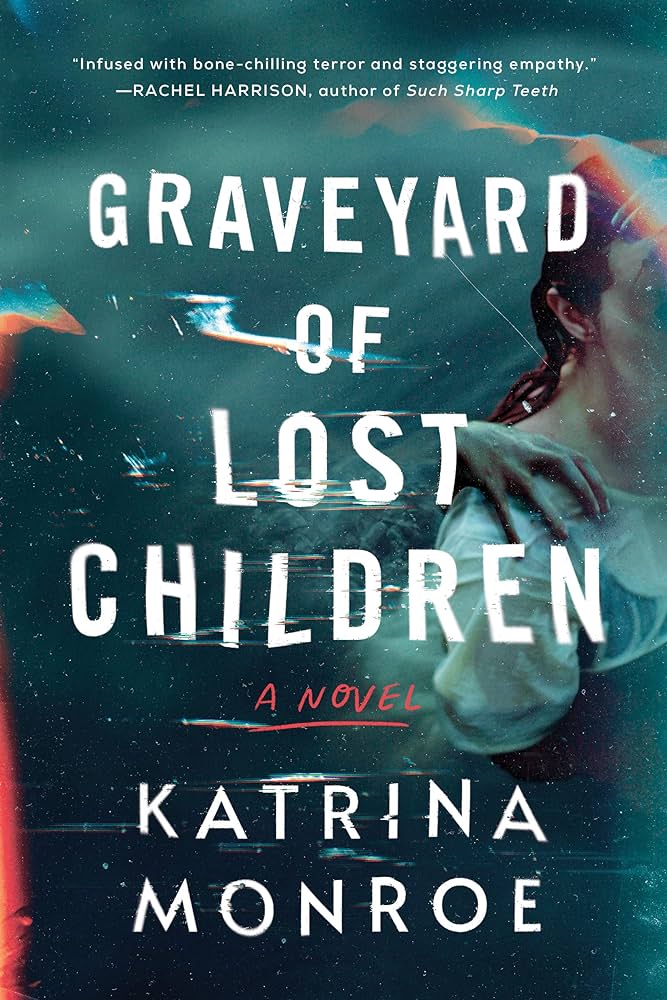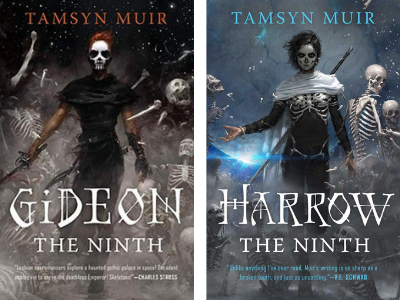Rose’s Will is a very good debut novel. I read most of it in one sitting, despite having to do so on my laptop (it’s e-book only, and I don’t have an e-book reader). Denise DeSio manages to tell a compelling story through the viewpoints of three very different characters.
Set mostly in New York, the story begins and ends with Eli, the man who loved Rose in the last years of her life. We also have chapters from the point of view of Glory, Rose’s daughter, whose lesbianism is just the latest thing for her mother to despise her for; and Ricky, Glory’s brother. Unlike Glory, Ricky never moved away and so never escaped the iron will his mother attempted to impose on her children. “Rose’s will” is not just the mystery that drives the plot, but the dominating power in these characters’ lives.
It is significant that the story starts with Eli, a character both cerebral and endearing. Because we first meet Rose through his eyes, our first version of her is as someone lovable. So everything we subsequently learn about how she was not lovable somehow doesn’t quite shake what we know about her from Eli.
And we learn some pretty awful things. Glory’s relationship with her mother is beyond broken: her childhood memories are of violent abuse. Of course, Rose claims never to have laid a hand on her daughter. It is hard to understand child abuse and the lies surrounding it, harder still to imagine loving or forgiving an abuser. Readers who avoid scenes of cruelty to children, or for that matter, want the only sexual relationships in a book to be lesbian, should probably not download this.
Which would be their loss, because the author convincingly brings to life not only Rose, but all three viewpoint characters—two of them men. It would have been easy to portray Ricky as the doormat who puts up with all his mother’s bullshit, including homophobia, but there is more to him than that. In fact, it is easy to sympathize with Ricky. Glory is only too eager to continue trashing their mother even when it’s futile, and it is true that he was surviving in his own way all those years.
Glory’s lover, Claire, is not a major character in the book, but it is Claire who states its theme most clearly when she tells Glory on p. 31: “Honey, I know it upsets you that your mom doesn’t acknowledge our relationship, and I love you for being so loyal to me, but I don’t want you to regret the time you wasted waiting for her to change. Maybe she can’t change.” Those words will resonate, however ruefully, with many readers who have despaired of their parents with far less cause than Glory has.
Rose is the most important character in the book, yet we never see Rose from the inside, and so we never get to see how she really thought she treated her children, or whether she was truly depressed, had a psychological breakdown, etc. Maybe that’s the point. Knowing a person through our own, or someone else’s version of her is not really knowing her at all.
The one thing Eli and Glory agree on about Rose is that she was never wrong—or at least never acknowledged being wrong. The difference between them is that Eli can accept this about Rose. We learn at some length about his childhood in Bulgaria, which was unique among European countries in that Bulgaria did not allow Hitler to deport its Jews. While this is an important part of history that should be better known, it took me a while to realize its significance here: Eli’s experiences of horror on a historic scale have made him compassionate and far-seeing.
The author is remarkably skilled with language, using fresh images and comparisons where too many other authors might fall back on clichés. So when I realized that the time of the story had it heading towards September 2001, I was dreading it. How would the inevitable events play out in the lives of these characters, and could I bear to read it? Eli quotes Cicero: “If we are forced, at every hour, to watch or listen to horrible events, the constant stream of ghastly impressions will deprive even the most delicate among us of all respect for humanity.” (p. 234)
But ultimately, it is hard to imagine a story set in New York City not dealing with September 11, at that time or afterwards. The neighborhoods, past and present, are vividly imagined, making the place almost a character in the book.
The ending is powerful and unexpected. Who is to say that any one’s experience is entirely wrong? As we learn, Eli makes Rose a better person than she otherwise is. But that’s what loving someone means.
I did keep forgetting that Glory herself was a mother, and wondered why she didn’t make more comparisons with the way she treats her own children. Ricky certainly thinks this way about his family. And it would have been nice to see more of Glory and Claire at home in Arizona, instead of just hearing about their relationship as backstory.
But this is a well-told story and any of the three main characters could be its hero. That is a major accomplishment for a first-time novelist. Add to that the humor and the gift for language, and DeSio is a writer to watch in years to come.
J. E. Knowles is the author of Arusha (Spinsters Ink), a Lambda Literary Award finalist. Her second novel, The Trees in the Field, will be published in 2012. http://jeknowles.com




Denise DeSio says
I just wanted to thank J.E. Knowles for writing such a wonderful and detailed review of my novel, Rose’s Will. If she puts this much thought into writing a review, one might imagine how much effort she invests in writing her novels.
Thank you, J.E.
You can buy Rose’s Will for Kindle at Amazon.com or for Nook at Barne’s and Noble. You can also get a set of three files Mobi, PDF, Epub directly from my publisher’s site at http://www.48fourteen.com/catalog/roses-will